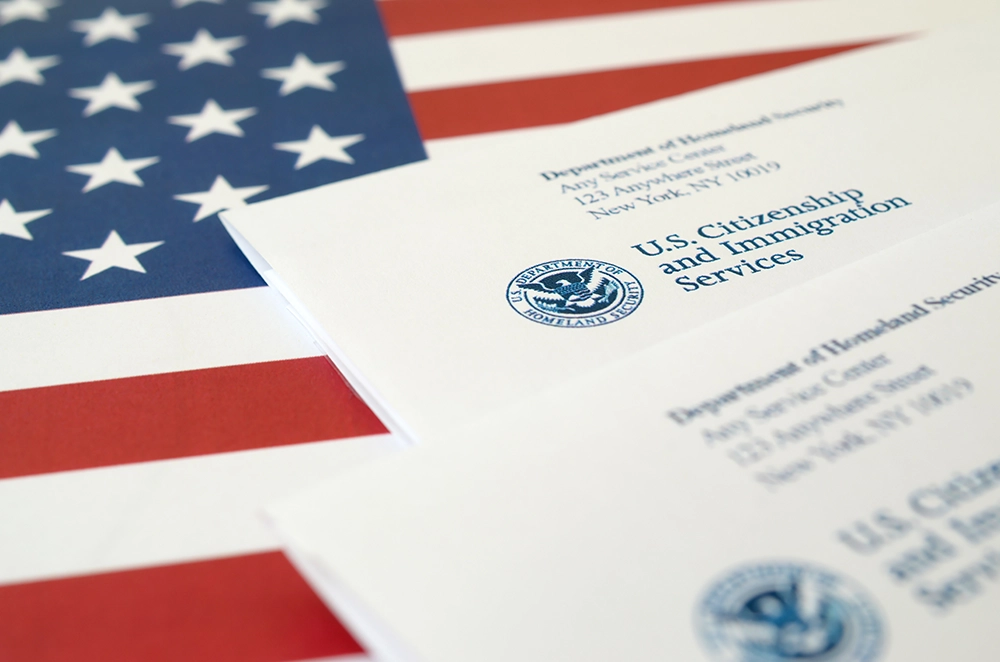
There are several common pathways for immigrating to the United States, depending on your circumstances:
- Family Reunification: If you have relatives in the U.S. (e.g., U.S. citizens or green card holders), you can apply for immigration through family reunification. This includes spouses, minor children, parents, and more.
- Employment-Based Immigration: The U.S. offers various employment-based immigration opportunities, including:
- EB-1 Category: For individuals with outstanding achievements in fields like research, education, the arts, or business.
- EB-2 Category: For individuals with advanced degrees or exceptional ability, often requiring employer sponsorship.
- EB-3 Category: For skilled workers and laborers, typically requiring employer sponsorship.
- Investor Immigration: The EB-5 Investor Visa program requires investors to create jobs in the U.S. by investing a specific amount of capital. Successful applicants and their families can obtain permanent residency.
- Asylum and Refugee Status: Asylum and refugee programs provide protection for individuals facing persecution based on religion, politics, human rights, and other factors.
- Visa Quotas: The U.S. government sets immigration quotas by country and region, leading to varying wait times for individuals from different countries.
- Green Card Lottery: The U.S. State Department conducts a Diversity Visa (DV) Lottery annually, offering a chance for nationals of certain countries to apply for immigrant visas through a random drawing.
- Spousal Visas: Foreign spouses of U.S. citizens can apply for immigrant visas and obtain green cards.
- Special Immigrant Programs: Some individuals, such as religious workers or U.S. military personnel, may qualify for immigrant status through special immigrant programs.
Tags: